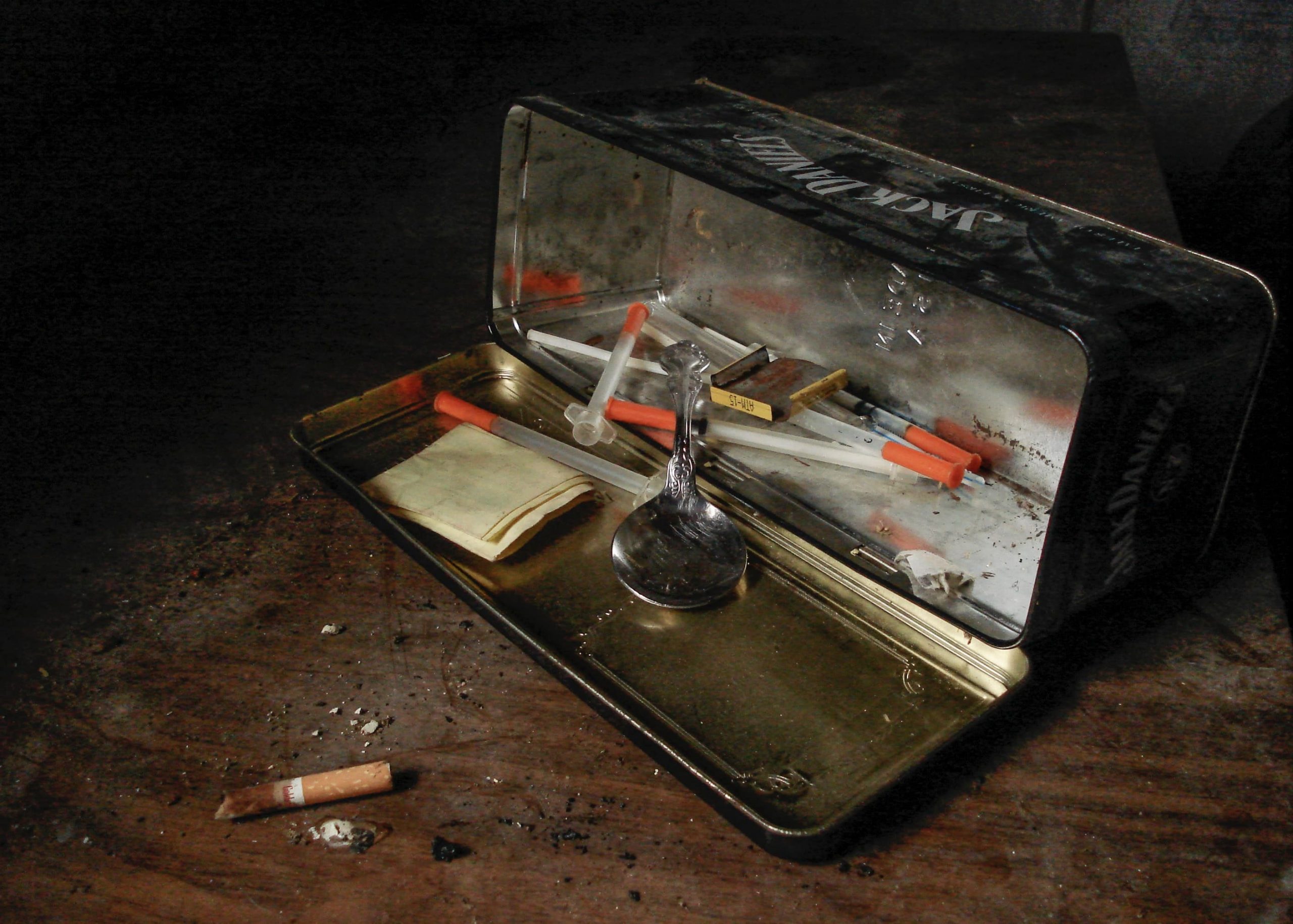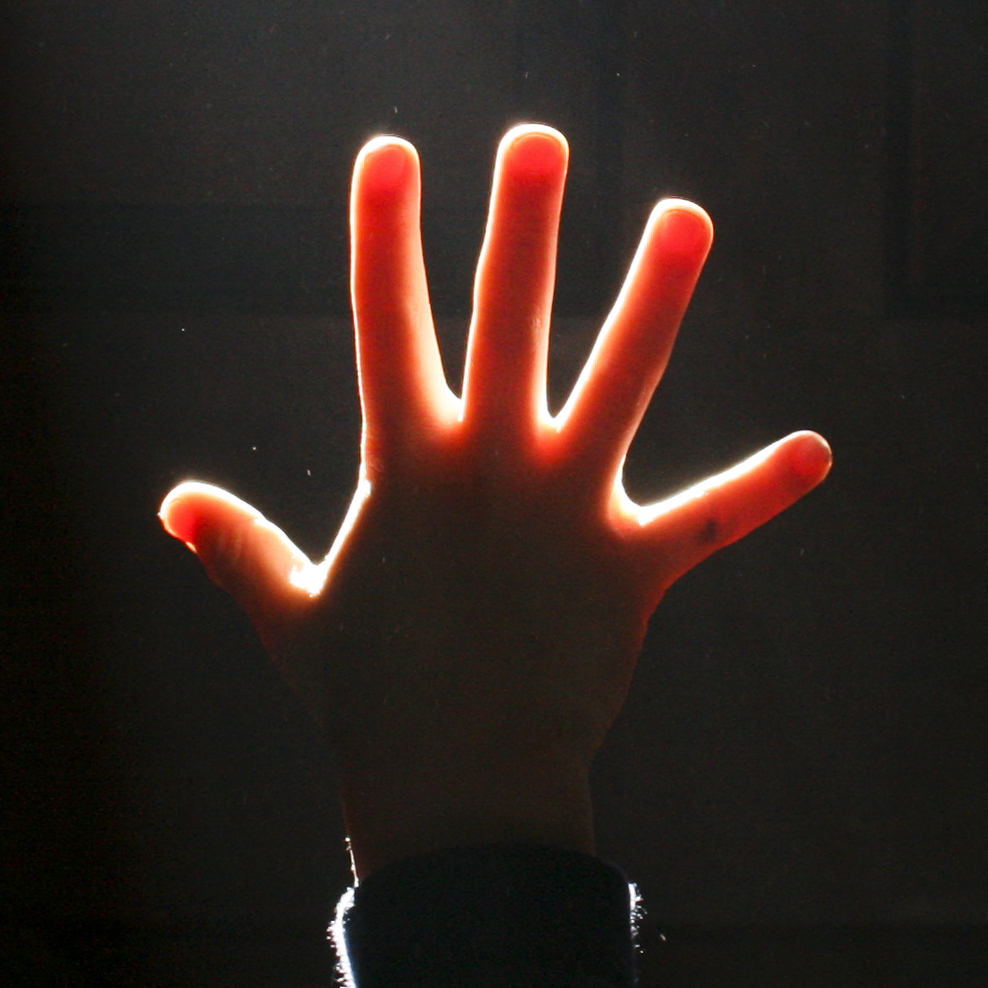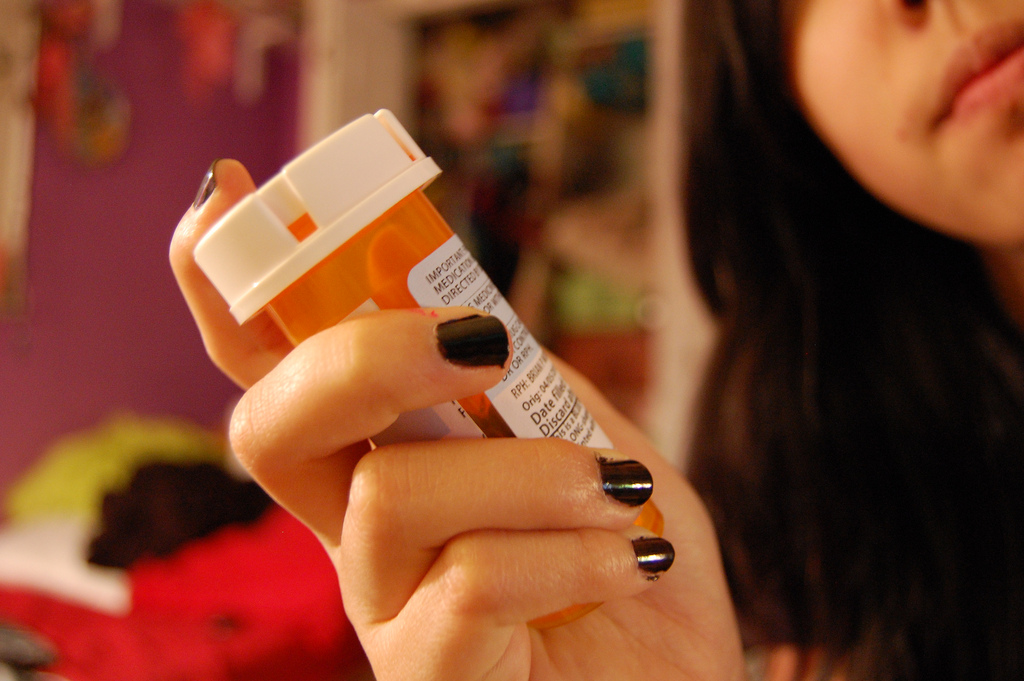Sometimes it is hard to think of the boys as susceptible to depression. However depression amongst teenage boys is almost on par with teenage girls. As parents we need to do a better job of letting our boys know that it is okay to have feelings and express feelings. In fact it is called emotional intelligence but it is one part of human intelligence boys are not often encouraged to develop. As the world becomes more complicated because of technology and social factors bullies tend to lag behind girls in their ability to cope emotionally.
Signs Of Depression In Boys
Since depression is usually twice is more common in girls most parents are not aware of how depression manifests in young men. Boys typically need to a large catalyst to trigger clinical depression. They are more prone to physical displays of anger or aggression which can be confused with changes in male hormones. For boys depression typically manifests before the age of 10 which is just at that time when boys are becoming more hormonal. Over the age of 10 and through adulthood, boys and men suffering from depression are also much more likely to abuse drugs, alcohol, and escapism with sports or video games to cope with their feelings.
Learn more about Teen Depression at Liahona Academy.
Emotional Intelligence: The Gender Neutral Response
With depression in boys on the rise, teaching our boys to embrace their emotional intelligence will help become better able to cope. For generatio will ns, boys have been taught to be tough, strong, and to not cry. However especially over the past 2-3 generations traditional gender roles have flattened considerably. Boys haven’t quite caught up with assuming traditionally female emotional expression such as poetry in the way teenage girls have accepted what once would have been considered masculine such as excelling in sports. Girls are really in a position to have it all with regard to using emotional intelligence to navigate and ever-changing society. The only way for boys to catch up is for parents to help boys increase their emotional intelligence. Boys have all the same emotions as girls so it is time for them to learn how to express those emotions. Girls typically are taught to express their feelings in positive ways so it almost begs the question, “Why haven’t we been doing this with our boys?” The mental and emotional health of our sons quite literally depends on our response as parents.
Give your teenage son ways to “C” how to avoid or manage depression:
- Communication. Give boys the opportunity to express themselves when they are feeling emotional.
- Connection. Stay in touch with your teenage son so he has plenty of opportunities to tell you what’s going on in his world.
- Competition. Help boys understand the rules of healthy competition and the importance of keeping ego in check.
- Criticism. Boys are just as susceptible to the effects of criticism as girls so make sure they have an opportunity to express frustration in healthy ways.
If you can give your sons the opportunity to learn how to navigate the sometimes frustrating world of emotions you quite likely can prevent depressive episodes from happening in the first place. Create a safe emotional environment for your son and help him develop the confidence he needs to express himself. It will probably take practice for both of you but it will absolutely be worth it.










0 Comments